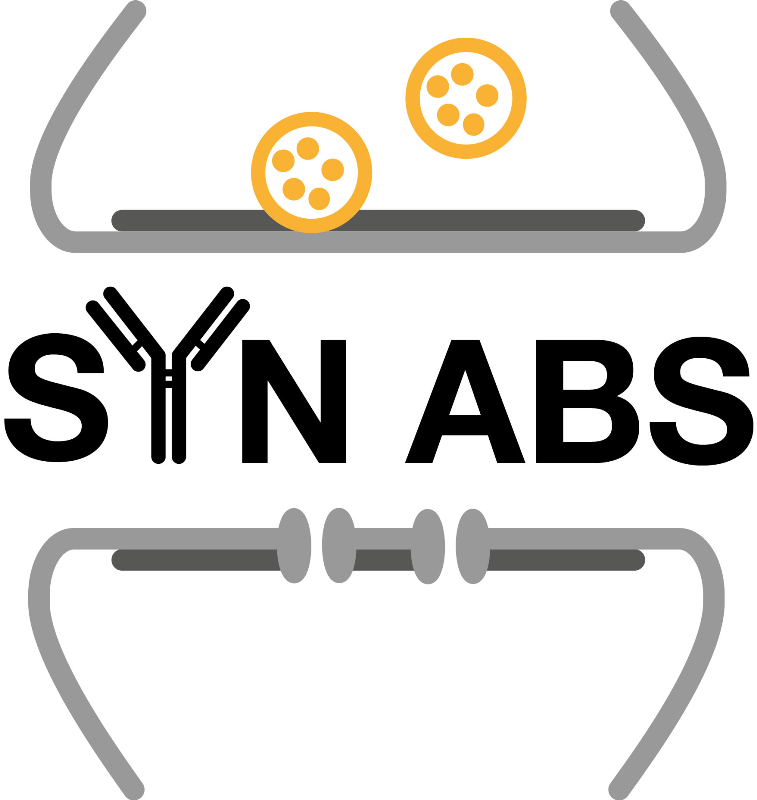Effects of GABAB receptor antibodies on neuronal signalling and hippocampal function
GABAB receptor limbic encephalitis with memory dysfunction and severe seizures is the most common subtype of autoimmune encephalitis with antibodies to a G protein-coupled receptor (GPCR). We will investigate the pathophysiology induced by anti-GABAB receptor antibodies. In primary neurons and human induced pluripotent stem cells (iPSC) differentiated to neurons we will apply patch-clamp recordings and super-resolution microscopy to unravel functional and morphological changes in synapses exposed to anti-GABAB receptor antibodies. In hippocampal slices of mice after intraventricular passive-transfer of GABAB receptor antibodies we will analyze synaptic plasticity and network oscillations. In this mouse model we will further determine seizure susceptibility and epileptic activity. With these experiments, we expect to clarify the pathogenic role of anti-GABAB receptor antibodies and we aim to identify clues for targeted therapeutic intervention.
Prof. Dr. Christian Geis
Jena University Hospital, Department of Neurology
Am Klinikum 1

